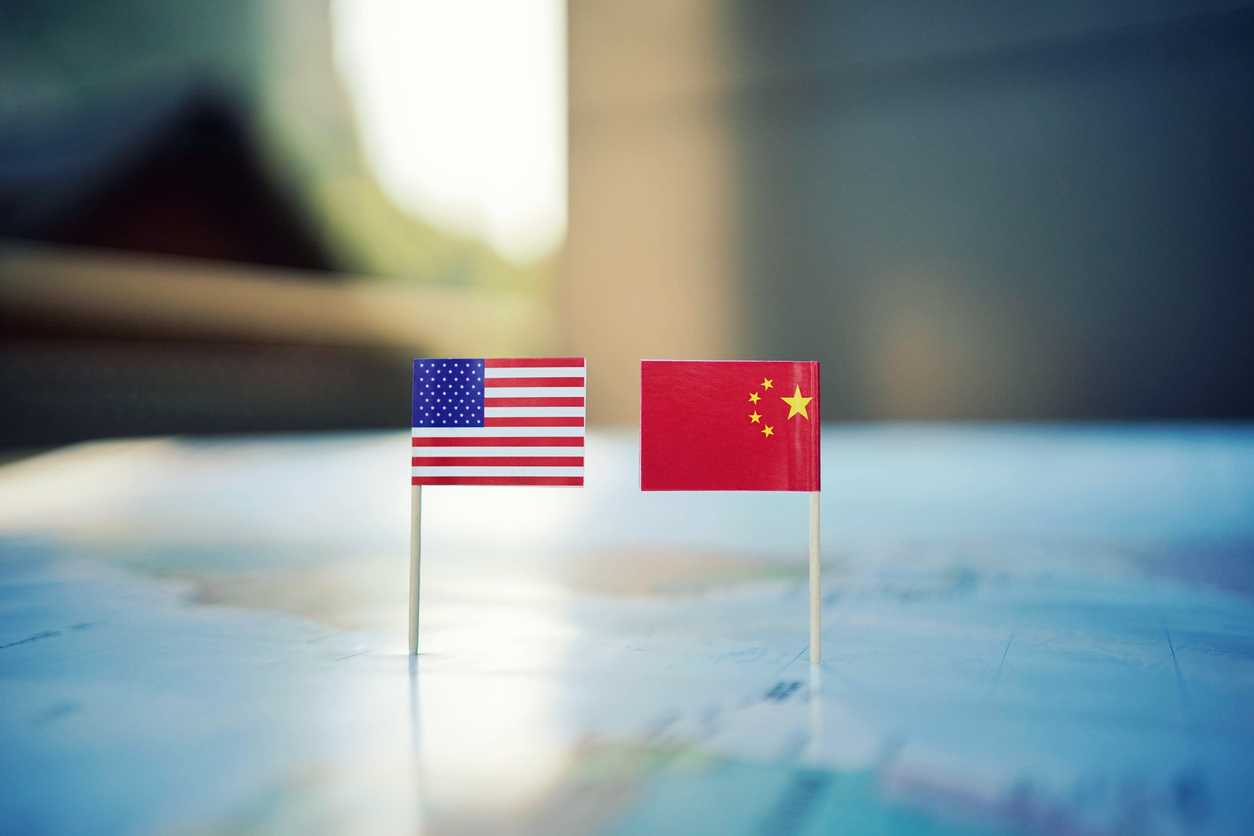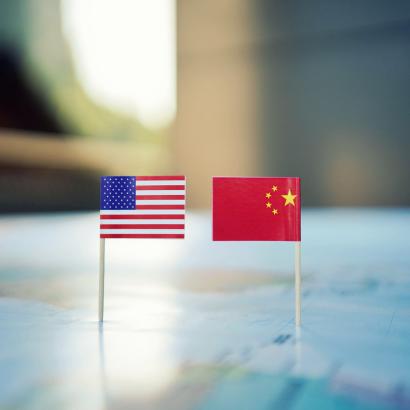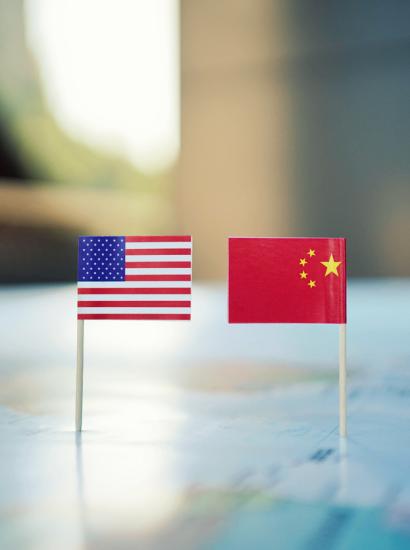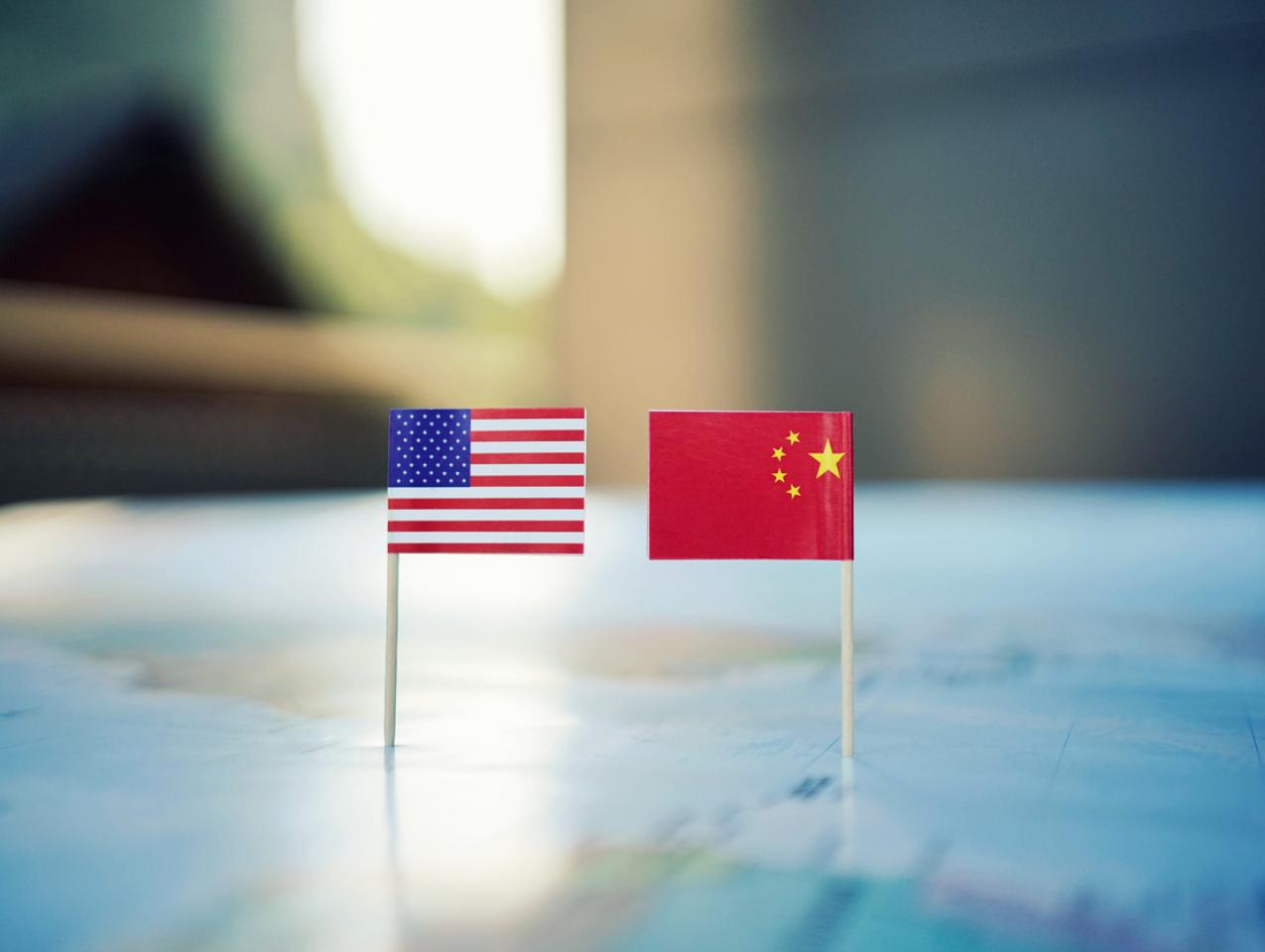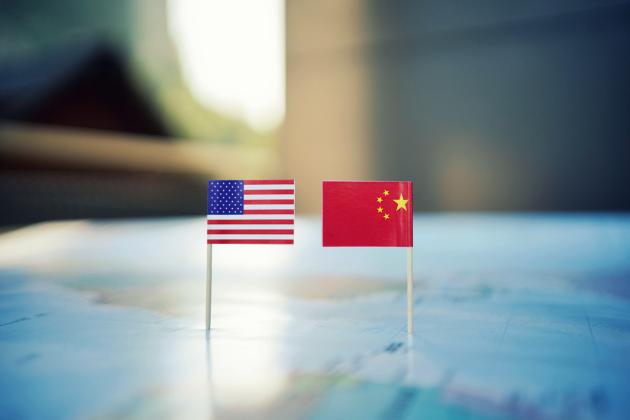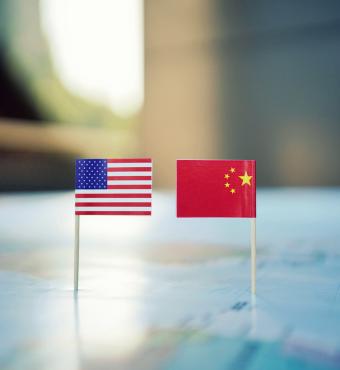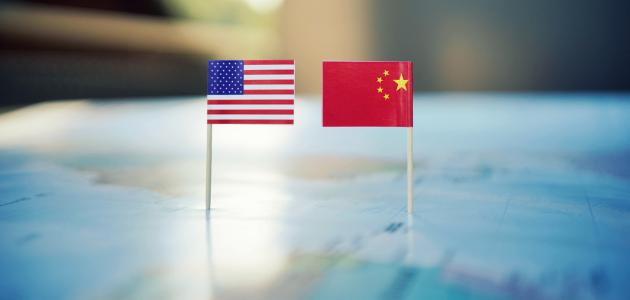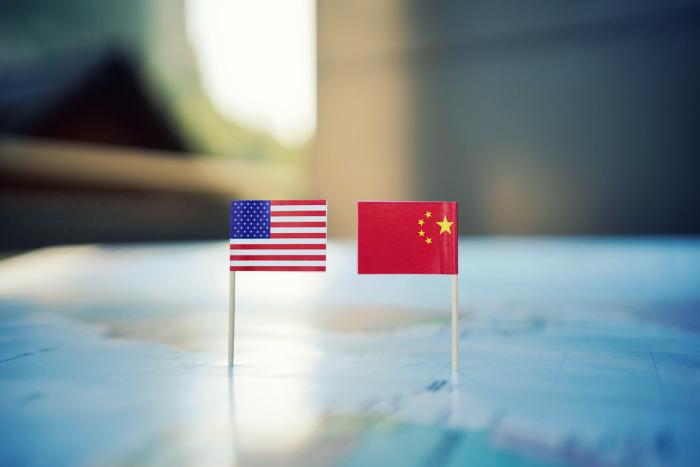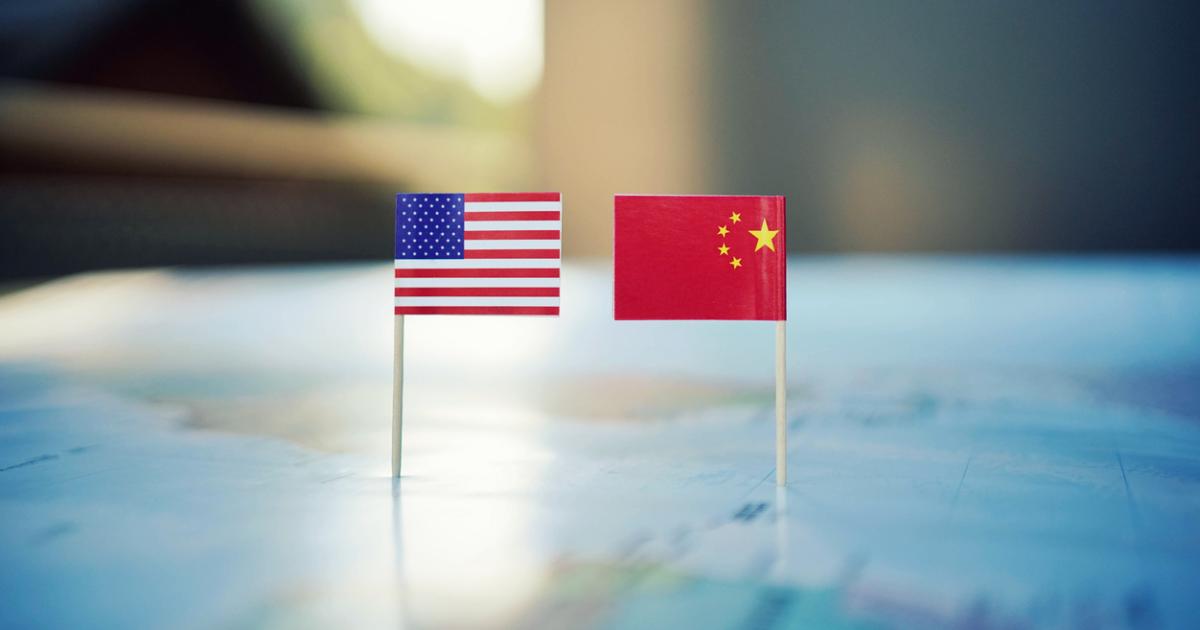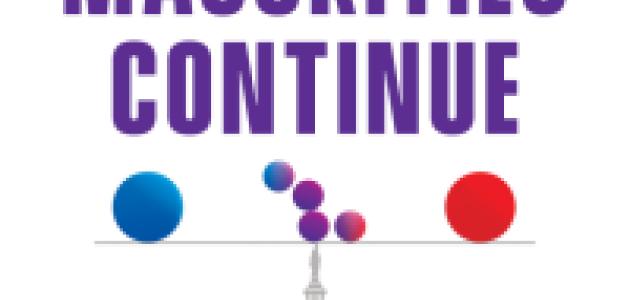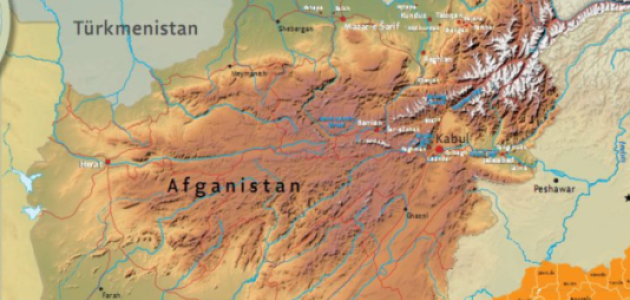In this edition of the Hoover Institution Briefing on Confronting and Competing with China, Elizabeth Economy charts the possible future of the US-China relationship at the Aspen Security Forum. The NSF SECURE Analytics Program and Hoover released a new report detailing the changes occurring in China’s science and technology ecosystem. James O. Ellis Jr. and Steven Chu highlight the serious energy vulnerability in Taiwan’s electricity generation makeup.
Featured Analysis

The China Challenge: Rivalry and the Road Ahead
US, China, and the World codirector and Senior Fellow Elizabeth Economy joined a panel at the Aspen Security Forum to discuss new developments in the relationship between China and the US and how China’s aims may have changed with the return of US President Donald Trump to the scene. Joining Economy in the discussion were Stephen Biegun, former deputy US secretary of state, Reinhard Bütikofer, former European Parliament Green Party MP, and moderator Lingling Wei of The Wall Street Journal.
Speaking from her experience in the Biden-era Commerce Department, Economy said she believes the Trump administration shares the Biden administration’s view that China wishes to supplant the United States as the dominant power in the world, but that the two administrations have vastly different visions about what US dominance should look like.
Watch the rest of their discussion here.

China Refocuses Its Science and Technology Ecosystem on Innovation and Security
A new report coauthored by Distinguished Research Fellow Glenn Tiffert and produced for the new NSF SECURE Analytics program describes how the People’s Republic of China (PRC) is reforming its science and technology research ecosystem. The report argues China’s overhaul of its science research is “sharpening geostrategic rivalry and impacting the risk portfolios that research security professionals manage.” Citing PRC policy documents, it documents how the PRC is centralizing control of science and technology research in the hands of a single Central Science and Technology Commission that directs all civilian and military research. The PRC is also increasing spending on research and development and breaking down barriers between universities, firms, the military, intelligence services, and other research facilities.
Read more here.

Taiwan’s (Energy) Achilles’ Heel
Writing in Foreign Affairs, Distinguished Visiting Fellow Adm. James O. Ellis Jr. and former Energy Secretary Steven Chu argue that Taiwan’s pivot away from nuclear power, underwhelming expansion of renewables, and heavy reliance on natural gas make it extremely vulnerable to a blockade by the People’s Republic of China. Making matters worse, the island nation cannot store more than a ten-day supply of gas on the island. “This reliance on energy imports could easily be exploited, especially by China, which has its eyes on unifying with Taiwan,” Ellis and Chu write. “The Chinese navy and coast guard routinely rehearse cutting off the island’s ports, including from energy tankers.” They cite polling that indicates the Taiwanese people are waking up to this fact but will likely need outside help to reinvigorate and diversify their domestic energy generation capabilities.
Read more here. [Subscription required]
Highlights

The Rise and Fall of US-China Engagement with David Shambaugh
On a recent episode of China Considered, Senior Fellow and host Elizabeth Economy speaks with George Washington University professor of Asian studies David Shambaugh about his new book: Breaking the Engagement: How China Won and Lost America. Shambaugh says that from 1979, when normalization of relations between the two countries began, until about 2010, China and the US were moving toward one another, especially during the “reform” period of the early 2000s. But after key US constituencies started to encounter obstacles in China, he argues “the engagement coalition” started to fall apart. Where does the relationship between the two nations go from here? Shambaugh walks through what he describes as five separate schools of thought dominating the current debate about the future of US-China relations.
Watch or listen to their conversation here.

Polish Military Counterintelligence Officers Visit Hoover
Members of Poland’s Military Counterintelligence Service, alongside representatives from the US Air Force’s Office of Special Investigations, met with US, China, and the World codirector Glenn Tiffert in May 2025 to talk about safeguarding military research and technology from Chinese industrial espionage and participate in a military technology protection roundtable.
Read more here.

The Milk Tea Alliance: Inside Asia's Struggle Against Autocracy and Beijing
On July 29, Hoover hosted a talk with Jeffrey Wasserstrom, professor of history at UC Irvine and author of The Milk Tea Alliance: Inside Asia’s Struggle Against Autocracy and Beijing. In a conversation with Tiffert about the book, Wasserstrom discussed the dynamics of pro-democracy activism in Hong Kong, Myanmar, Thailand, Taiwan, and beyond. “The Milk Tea Alliance” is a loosely defined and largely online constellation of pro-democracy activists in East and Southeast Asia. The name of the alliance is a reference to these cultures’ shared preference for dairy in their iconic drinks, in contrast with mainland China’s traditional tea.
Watch the discussion here.

Tiffert Speaks to Canadian Research Security Conference
Glenn Tiffert also travelled to the University of British Columbia in Vancouver, Canada, in June 2025 to deliver a keynote address at the 2025 Research Security Conference. The conference dealt with implementing current Canadian policies, best practices for establishing a research security program, research security frontiers beyond Canada, and how to incorporate global policies in our research security programs. Attendees included scholars and policymakers from the US, Australia, Germany, Japan, the UK, and the Netherlands.
Read more here.
Learn more about Hoover’s research program on US, China, and the World here.
For more insight on important China issues visit www.hoover.org/focus-areas/confronting-and-competing-china
For more on Confronting and Competing with China, go to https://www.hoover.org/focus-areas/confronting-and-competing-china







